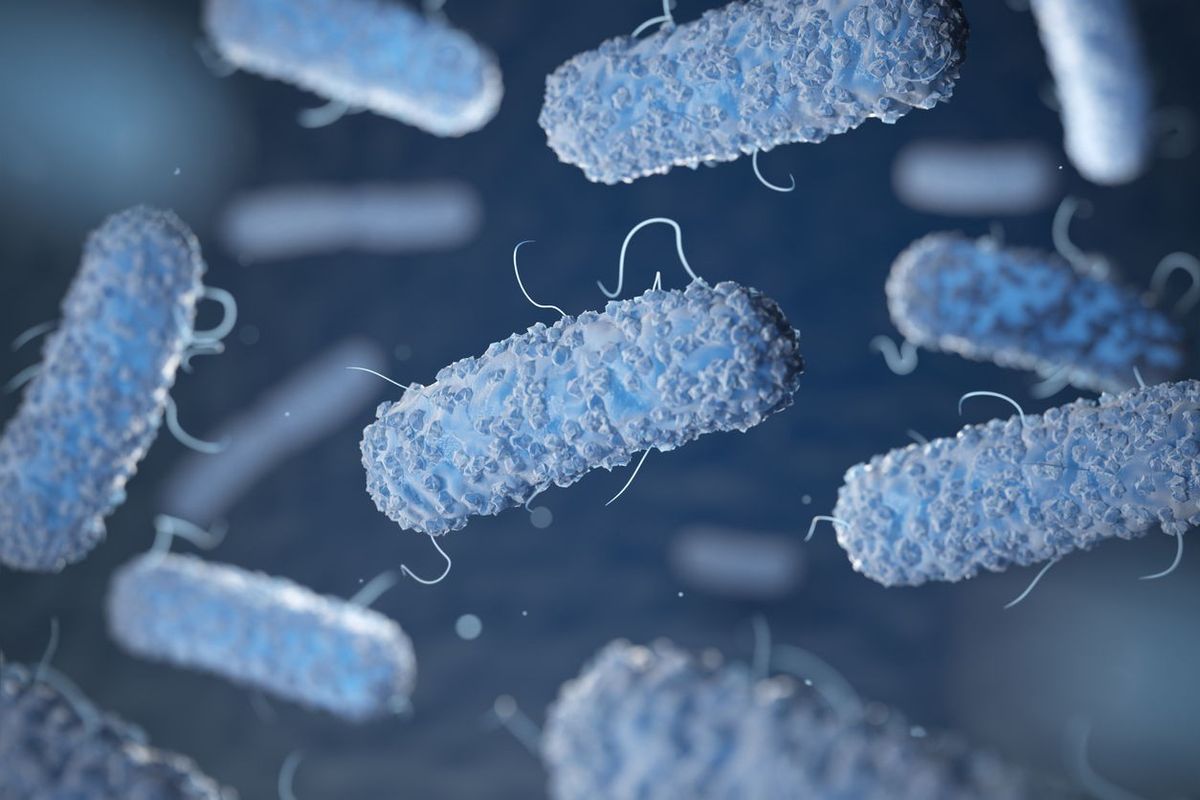Salmonella, fears over which sparked a cautionary recall of Kinder Surprise chocolate eggs in the UK and several European countries, is one of the most common causes of food-borne outbreaks.
An official said Tuesday that the number of salmonella cases in the UK had now risen to 63, including in a number of young children.
The recall concerns products from Ferrero's factory in the Belgian town of Arlon that were put on sale in Belgium, France, Germany, the Netherlands and Sweden, besides the UK.
Named after the American veterinarian who helped discover the bacteria, Daniel Elmer Salmon, salmonella often causes mild illness, but can be life-threatening in extreme cases.
Transmission
It is most often transmitted to humans who eat food contaminated with the faeces of an infected animal, according to the US Centers for Disease Control (CDC).
This often happens when people consume raw or undercooked food like meat and eggs, or when people handling food fail to wash their hands.
Less often, unwashed fruits and vegetables can become infected.
Whether or not a person contracts salmonellosis, the infection caused by salmonella, depends on the type of bacteria and the quantity consumed.
While an estimated 94 percent of salmonellosis is transmitted by food, contact with chicks and pet turtles can be a source of infection, the CDC said.
If contaminated foods are distributed widely across borders, it can infect vast numbers of people.
Around 224,000 people were made sick by infected ice cream in the United States in 1994.
A decade earlier in France, at least 25,000 were infected by a food source that was never identified, according to the Pasteur Institute.
Symptoms
Symptoms usually show up around three days after infection and often include diarrhoea, vomiting, fever and stomach cramps.
A healthy adult normally recovers within a few days but in some cases, an infection can be dangerous or even fatal.
Babies, young children, the elderly, pregnant women or immunocompromised people are the most at risk.
People with severe diarrhoea may need rehydration, the CDC said.
"Antibiotics are not recommended for uncomplicated cases and are only used if the infection spreads or is highly likely to spread from the intestines to the bloodstream and other organs," it added.
How to avoid?
To avoid salmonella, everyone should wash their hands before cooking, keep raw foods separated from others, and regularly clean areas where food is handled.
Thoroughly cooking meat is also highly recommended.
Avoiding eating raw eggs, in foods such as cookie dough and homemade ice cream, is also recommended, according to the Mayo Clinic in the United States.
Washing hands after using the toilet or changing a baby will also help limit transmission.
Most industries have strict rules in place to avoid contamination.


